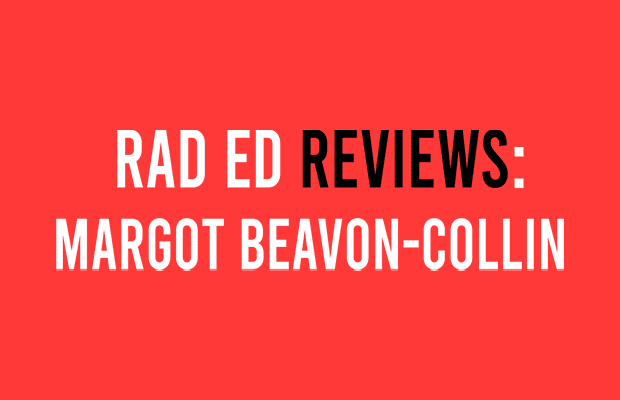Margot Beavon-Collin, a political economy graduate from the University of Sydney, held a talk on disability under late stage capitalism as part of Radical Education Week. Beavon-Collin highlighted some horrifying realities of living with a disability in Australia, and spoke of the ways in which a public system giving into capitalism affects the country’s citizens.
The National Disability Insurance Scheme (NDIS) is a social insurance organisation funded by the government to provide support for the disabled. But there are multiple areas where the NDIS falls short, most of which can be attributed to the organisation’s primary function as a profit-seeking institution rather than one created for public service.
Beavon-Collin criticised the process of applying for aid, claiming that people need to prove they were permanently disabled, and that the disability would not worsen to a state that would prevent them from working in service to private capital. She believes this is a move away from state-based support and toward marketised privatised care. This process can take years to complete, and the NDIS markets their program by citing people who are “participating” in the program — meaning they are somewhere in the process and have not received aid yet. Beavon-Collin criticised the scheme for being mired in bureaucracy and inserting market forces into care work.
Recently, the ABC reported the story of nine-year-old Harry Copeland who has a rare neurological condition. Copeland’s mother told an ABC reporter that the NDIS left Copeland off the register, lost their files, and removed them from the plan. The SBS has reported on how the NDIS’s policies work to exclude disabled migrants — their policies not translated into all languages, they insist that people with hearing disabilities use YouTube to learn sign language, and their insurance planners have never interacted with deaf people prior to making a scheme meant to aid them.
Beavon-Collin educated the audience on the medical and social model of disability and how governmental organisations tend to focus on the medical aspect, ignoring the contribution of society to turning an impairment into a disability by constructing the world in a way that is disabling.
The NDIS is an improvement on earlier forms of state-funding, because there were no previous means of differentiating people based on needs.
Beavon-Collin believes society is so “wed to the neoliberal idea of the individual and the concept of choice” that it often fails to see when these choices become dangerous for the people the government is making them for.
The only way to prevent the further privatisation of the NDIS is to fight back, and advocate for rights that should never have been violated in the first place.





